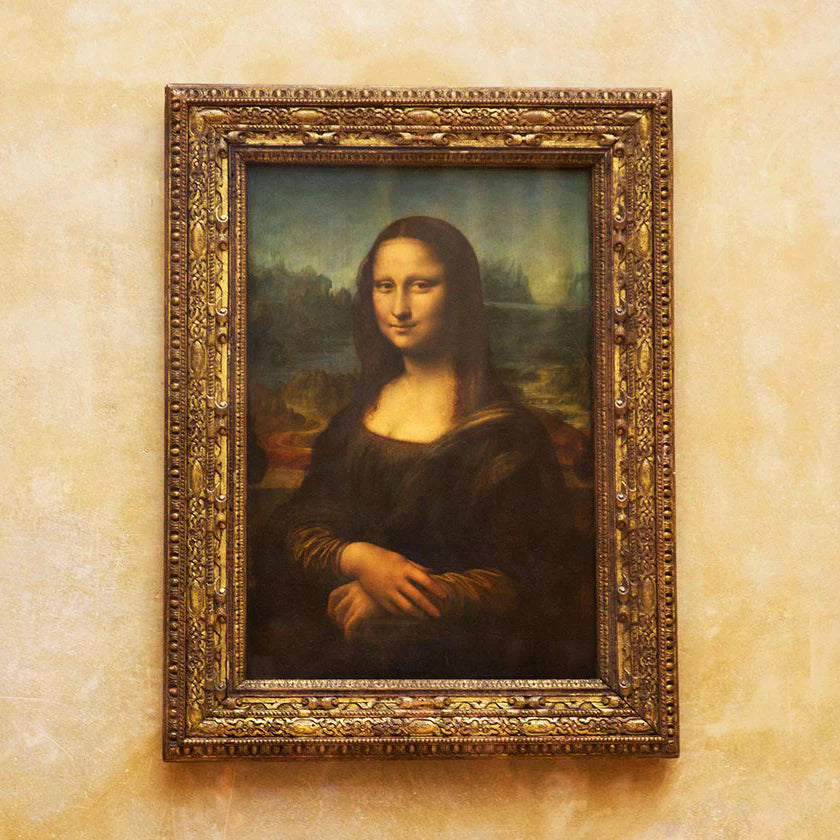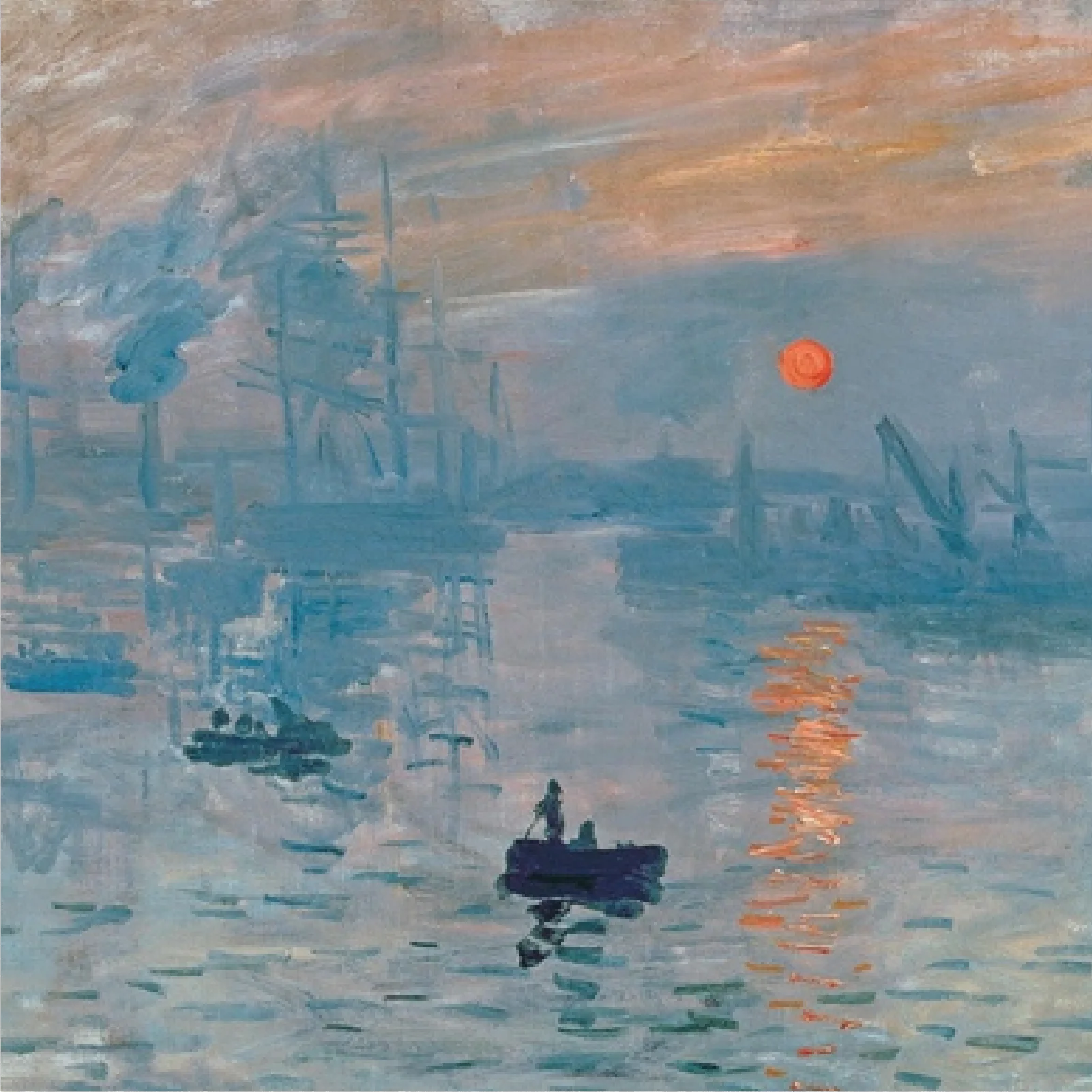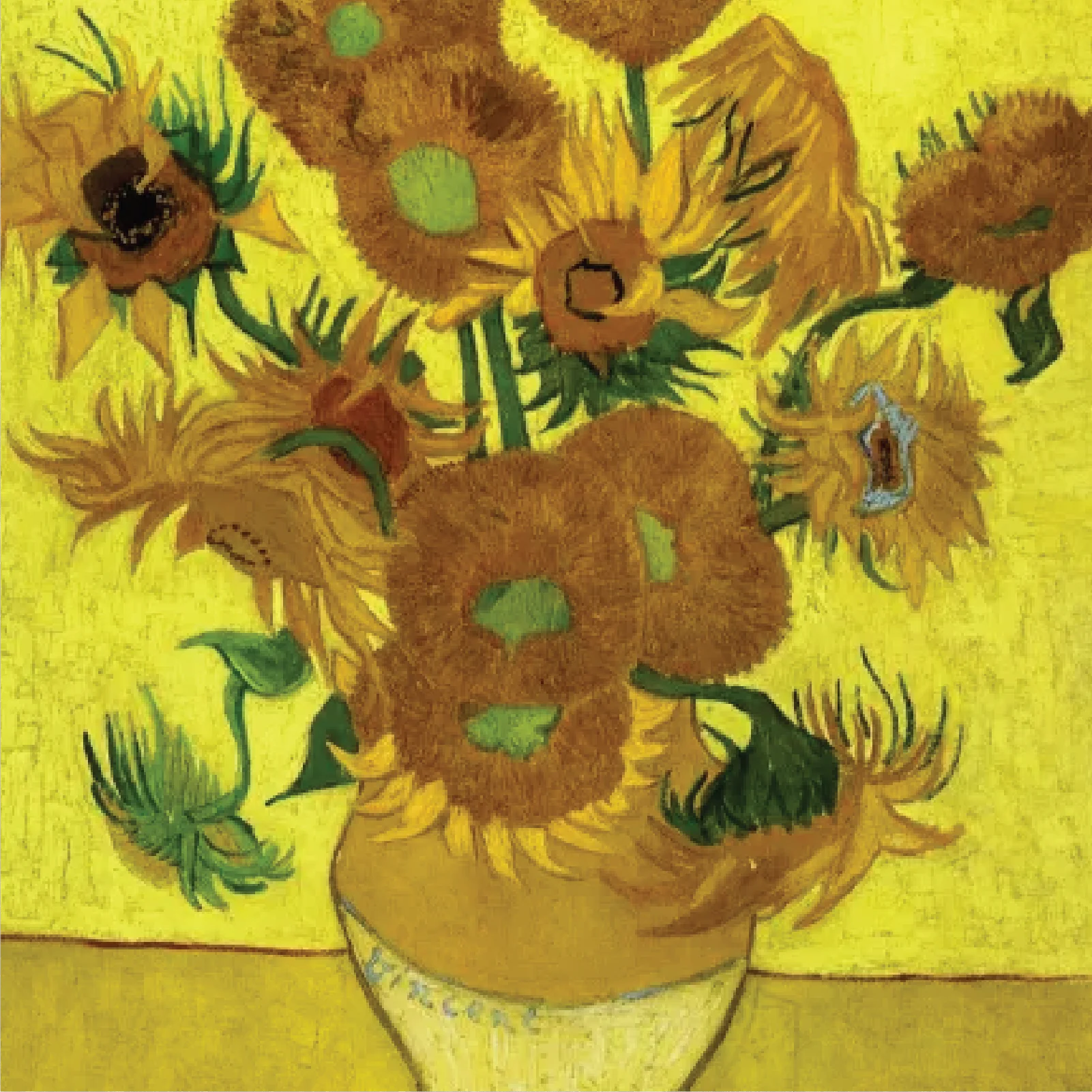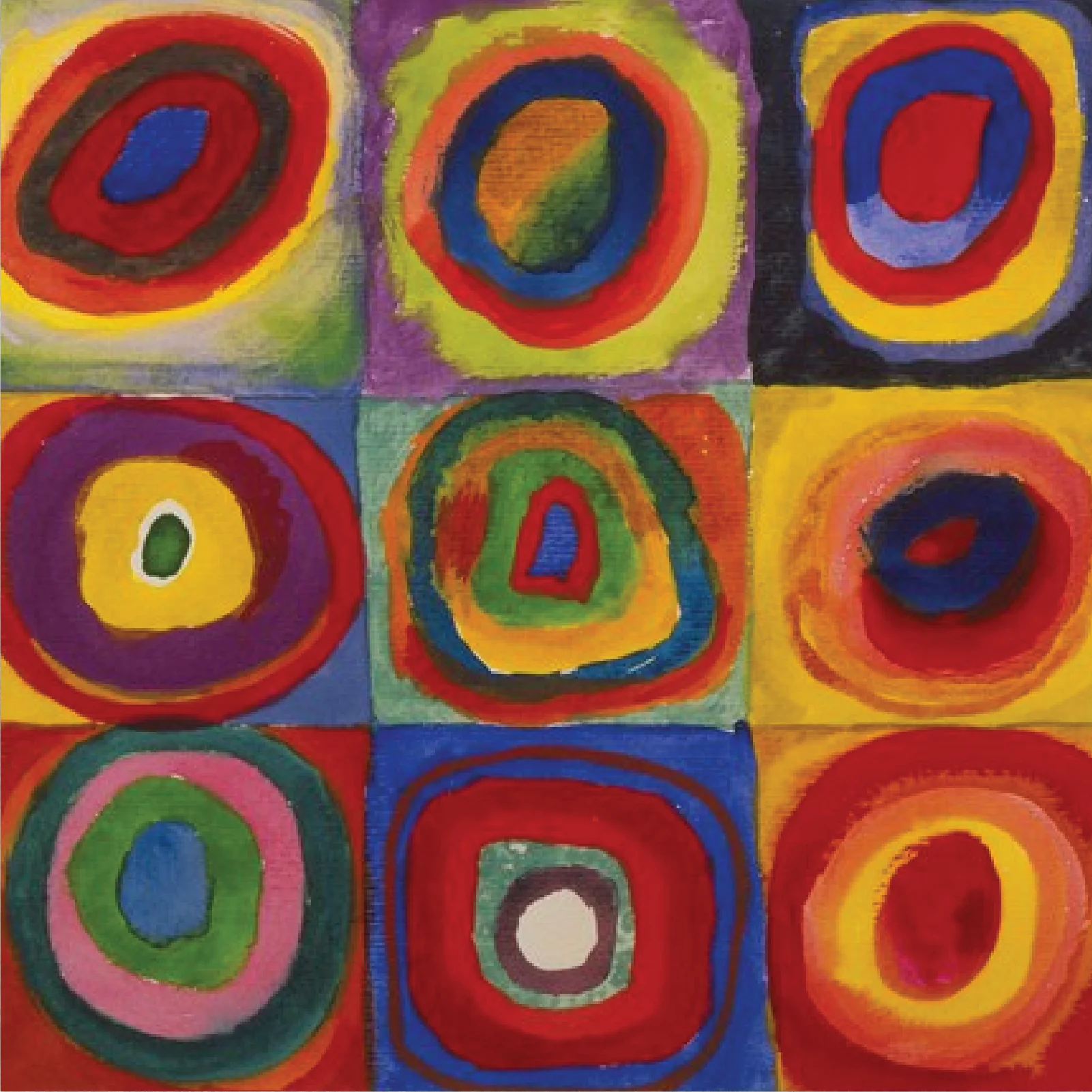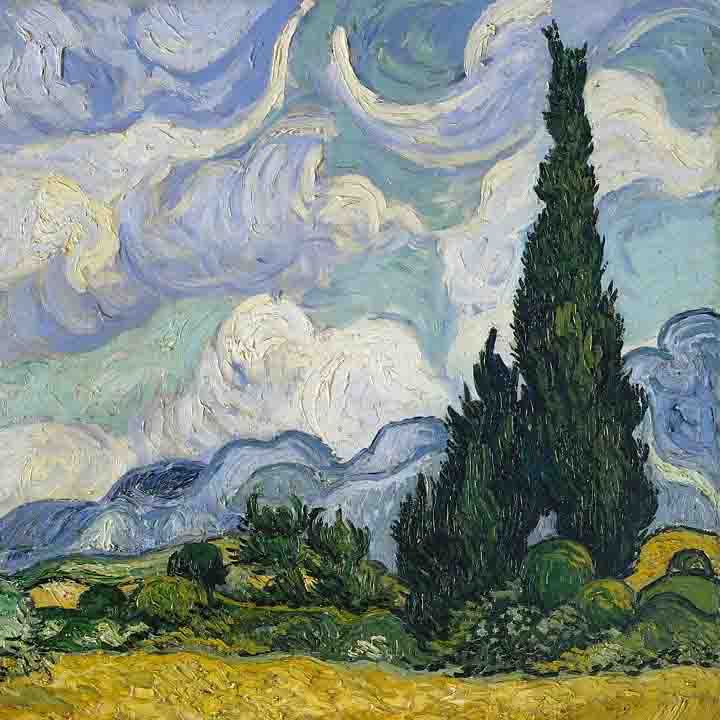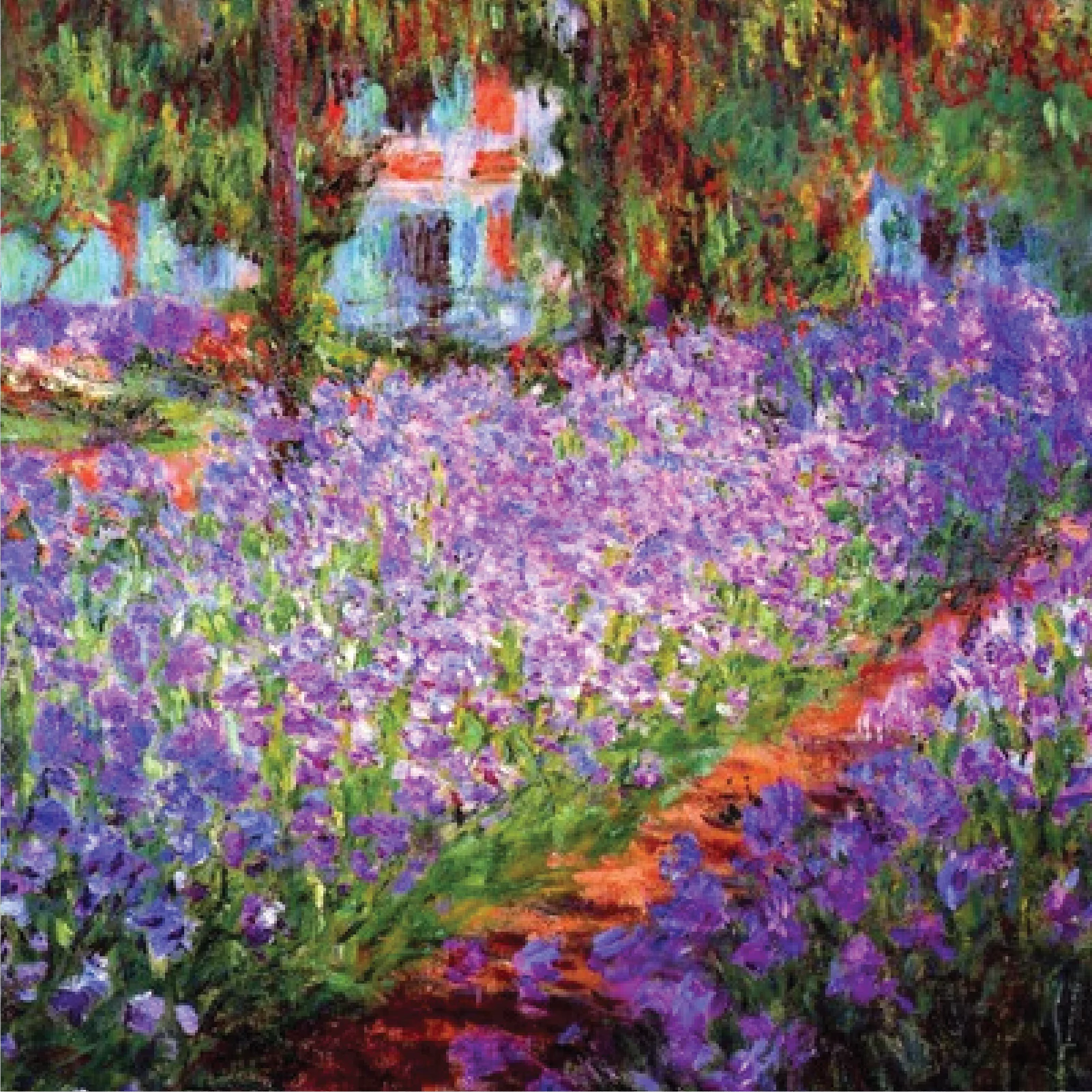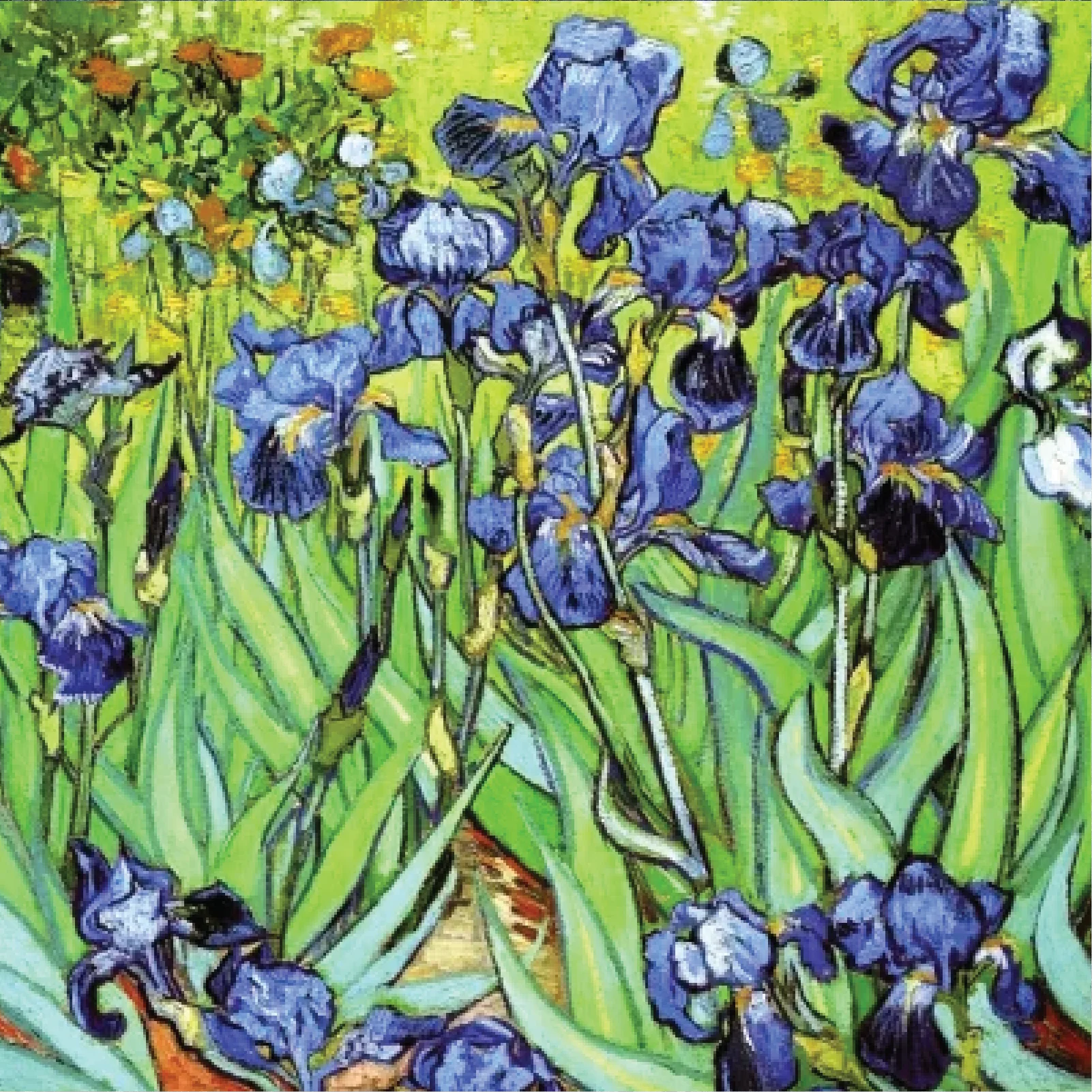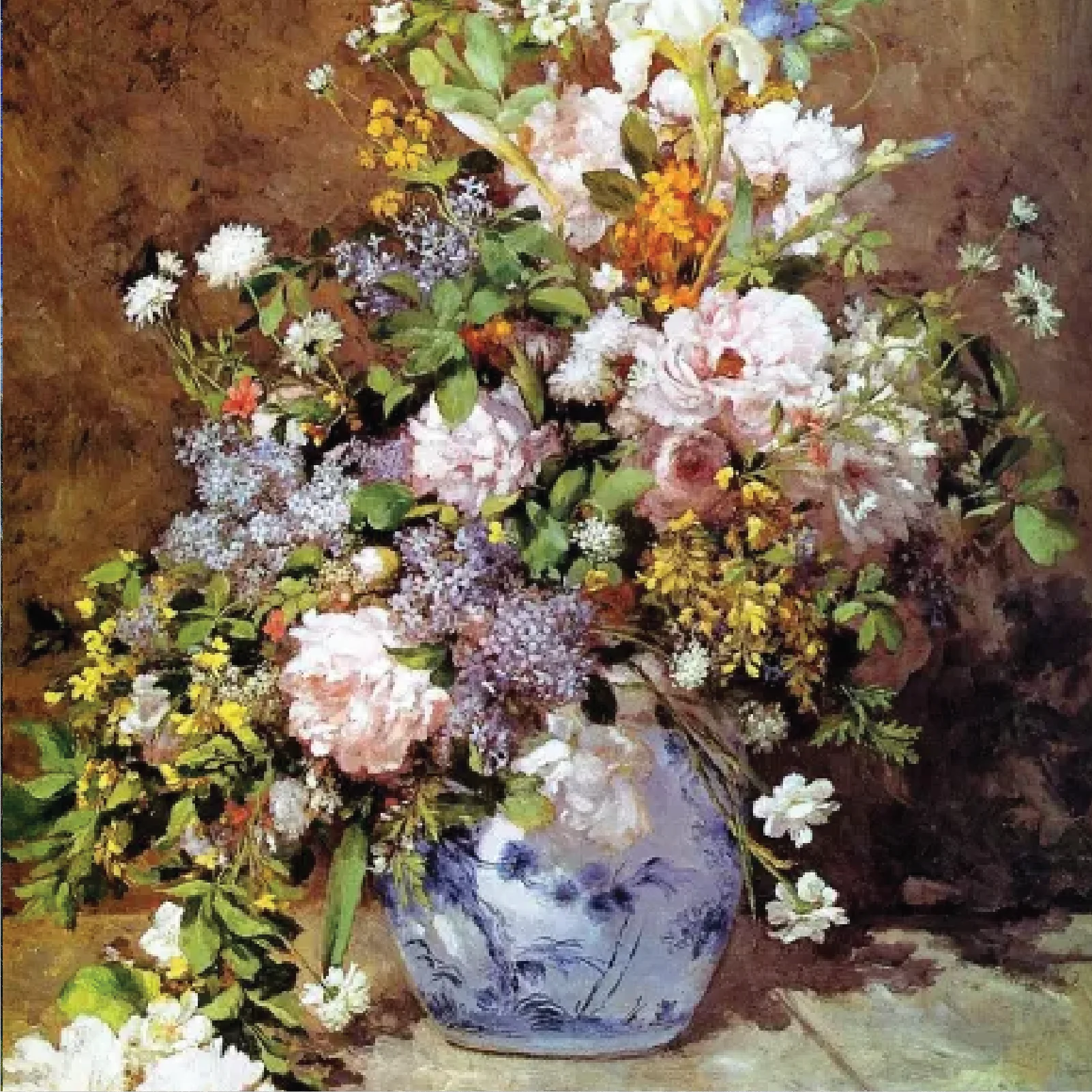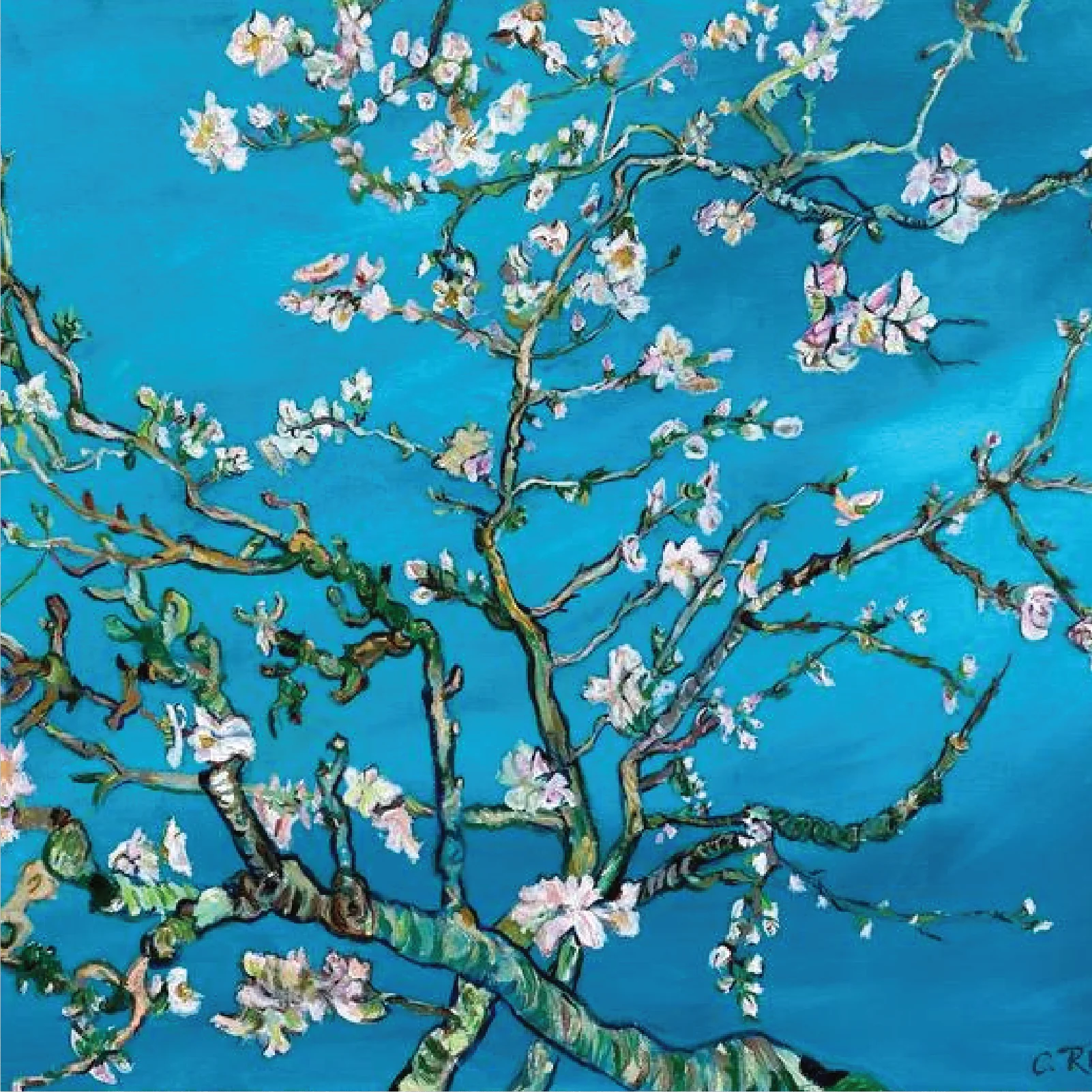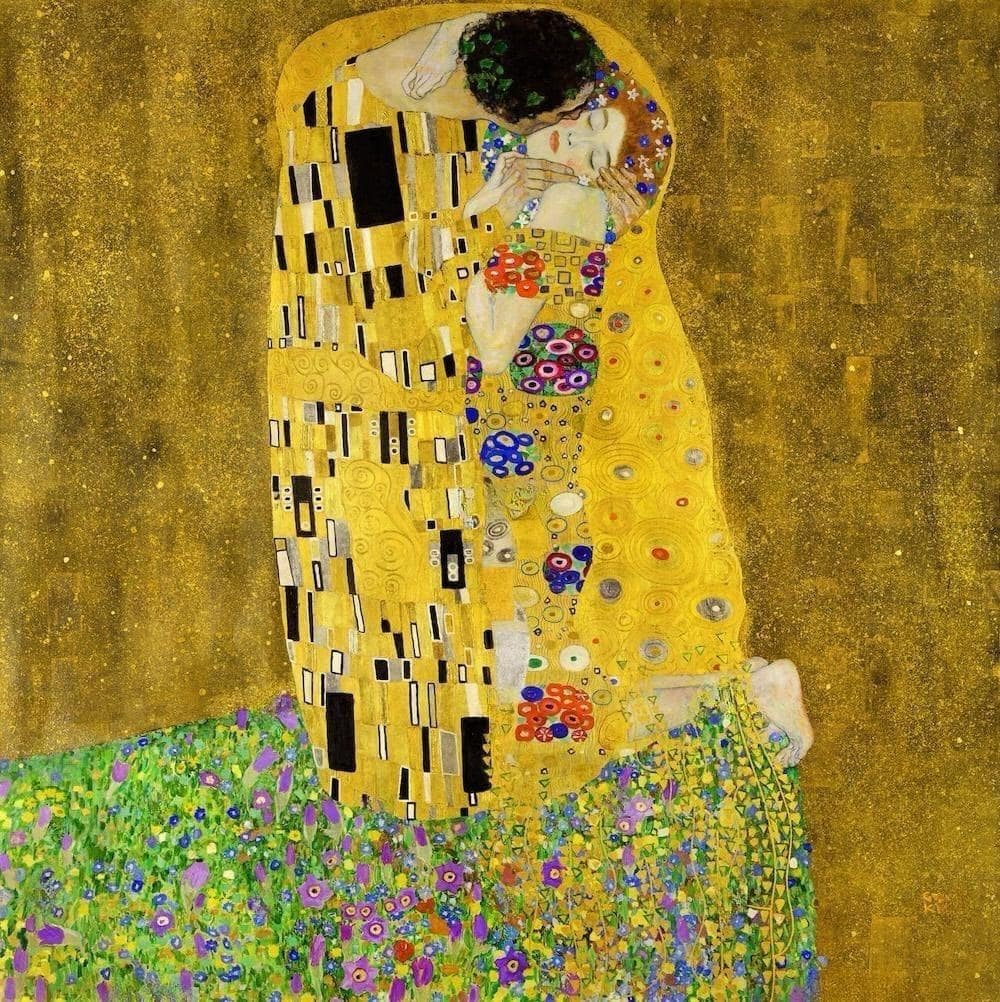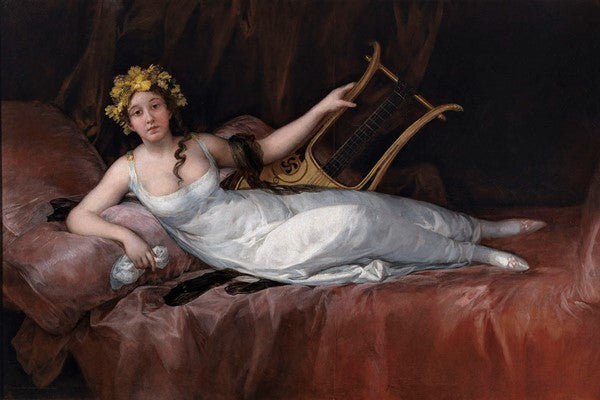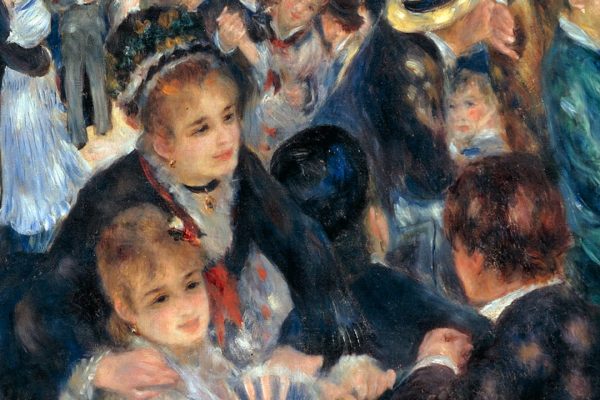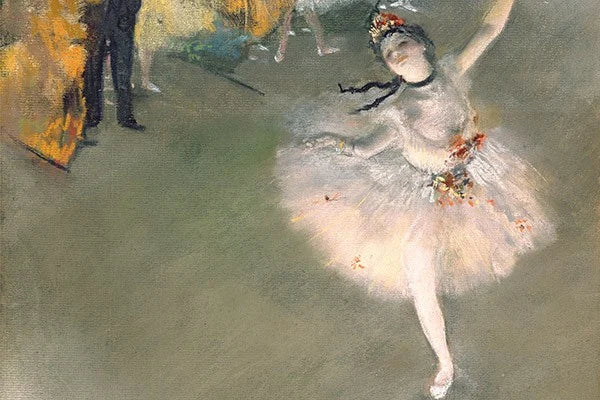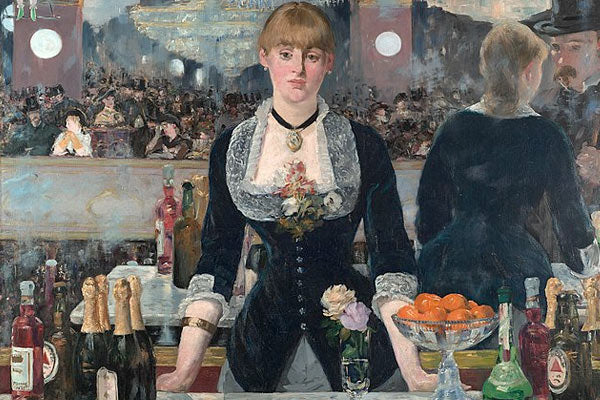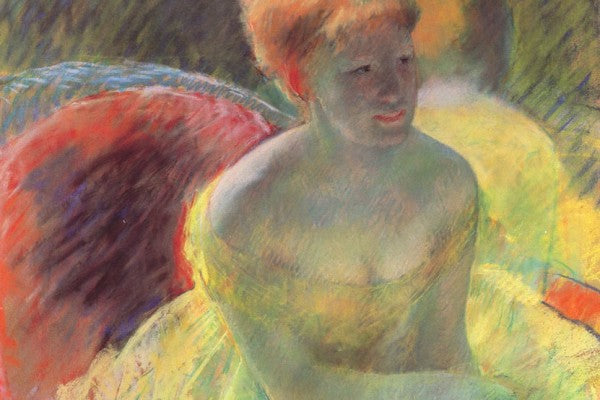Oil artworks are not just art pieces; they're worthy of museum-level protection. They're treasures that deserve careful protection.
They hold tales, emotions, and memories. You might have a classic masterpiece or a present-day advent. Keeping your oil portrait in great condition is crucial.
Over time, factors like light, humidity, and handling can weaken your artwork, making restoration necessary. Let's explore simple and powerful methods to shield your oil paintings.
They will ensure that the paintings stay beautiful and colorful for years. Let's study these beneficial hints to keep the beauty of your cherished oil paintings.
Environmental Factors Affecting Art
Protecting your oil painting starts with understanding how the environment can affect it. We need good conditions to stay healthy. Oil paintings need them to stay beautiful. Let’s look at the main factors that can impact your artwork.
1- Light Damage
Too much daylight can be harmful to grease artwork. Bright rays can fade the colors. This makes your portrayed appearance dull over the years. To keep your painting safe, place it far from direct light. Use curtains or UV-blocking films to reduce exposure.
Did you already know that UV mild can cause considerable damage in only some years? Protecting oil artwork from sunlight damage is crucial to maintaining their vibrant colorings. Additionally, keeping dirt away from the surface can help preserve their quality.
2- Humidity Control
Oil artwork doesn’t like an excessive amount of moisture, as it can harm the protective layer. High temperature and humidity can lead to mold growth and cause the paint to crack or warp. On the other hand, very dry situations can make the paint brittle. The fine manner to keep your painting in good shape is to control the humidity levels in your home.
Using a humidifier or dehumidifier can assist in preserving the right stability, making it ideal for your interior environment. Experts say the correct humidity degree for oil paintings is around 40-50%.
3- Proper Care for Oil Paintings in Your Home
Good airflow is essential. It keeps your oil art in great condition. Proper air flow enables you to save you mildew and mold from forming at the surface of the painting.
Make certain the room where your painting is displayed has enough airflow to protect paintings. You can open windows or use fans to keep the air moving.
Properly Protect Your Oil Paintings from Sunlight Damage

Sunlight can be very harmful to oil paintings. The strong UV rays can cause the paint to fade and lose its vibrant colors, especially when the painting is exposed for prolonged periods in an interior setting. Here are some simple ways to protect your oil paintings from sunlight damage, including using a protective layer.
1- Use UV-defensive glass or Acrylic
One great way to guard your painting from dangerous UV rays is to use UV-defensive glass or acrylic. You can do this when framing it. You can do this when framing it. This glass is special. It blocks most UV light. This helps to keep the colors vivid and delightful. Framing with UV safety is a smart investment to ensure the durability of oil artwork, especially when displayed in a museum setting.
2- Positioning
Where you location your portray topics a lot. Avoid putting your paintings in direct sunlight. Instead, pick out a spot on a wall that gets less light to avoid damage and dirt accumulation. Even higher, region it in a room with controlled lights.
3- Three- Window Treatments
Your portrait is in a room with plenty of natural light, which requires careful protection to prevent damage. Use window treatments like curtains, blinds, or UV-blocking films. These can help reduce the amount of daylight that reaches your painting, helping to prevent dirt accumulation on the surface. Window films can block up to 99% of harmful UV rays, making them an ideal solution for protecting artworks in any interior space. They are a great option for rooms with many windows.
Controlling Humidity Levels To Protect Your Painting

Humidity, or the amount of moisture in the air, can have a big impact on oil paintings, making it essential to clean a painting regularly. Too much moisture can cause mold, while too little can make the paint layer crack, compromising the ideal conditions for preservation. Here are some easy ways to control humidity levels and keep your oil paintings in perfect shape, acting as a vital resource for collectors.
1- Use of Humidifiers and Dehumidifiers
To hold the right humidity, you might need a touch of help from a few gadgets. If the air in your house is simply too dry, a humidifier can add moisture. If it’s too humid, a dehumidifier can take a number of that moisture out. Using those gadgets allows control of humidity for oil paintings. It keeps them safe from harm, such as dirt and debris.
2- Placement
Where you hold your portrayal is likewise important for its protection. Avoid placing it close to lavatories, kitchens, or any area in which there is a lot of moisture. Instead, choose a dry, strong environment. This allows you to shield your oil artwork from changes in humidity that may cause damage and dirt buildup.
3- Three- Monitoring Tools
It’s a great idea to use a hygrometer to keep a watch on the humidity stages in the room in which your portray is displayed to create an ideal environment. A hygrometer is an easy tool that measures moisture in the air and is ideal for maintaining proper conditions. Experts recommend keeping humidity tiers among 40-50% for first-class results and optimal artwork protection.
Conclusion
Taking care of your oil paintings doesn't have to be difficult. Wearing gloves can prevent dirt and oils from harming the surface. You can keep your treasured artworks in excellent condition for years to come. If you're looking to add beautiful oil paintings to your collection, consider buying high-quality oil reproductions from Art&See.
They offer a wide range of stunning paintings, ensuring you find the perfect canvas piece for your home. Visit their website at Art&See to see their impressive collection of canvas oil paintings. Enjoy beautiful, high-quality art that brings joy and elegance to your space. Don't miss out on the chance to own these incredible works of art!
FAQs
1. How often should I clean my oil paintings?
Dust them gently every few months with a soft, dry brush.
2. Can I hang my oil painting in the kitchen or bathroom?
No, avoid high humidity and temperature fluctuations to prevent damage.
3. What should I do if my painting gets damaged?
Consult a professional art conservator for repairs.
4. Is it necessary to frame my oil painting?
Framing with UV-protective glass or acrylic helps shield the painting. It protects it from light and physical damage.
